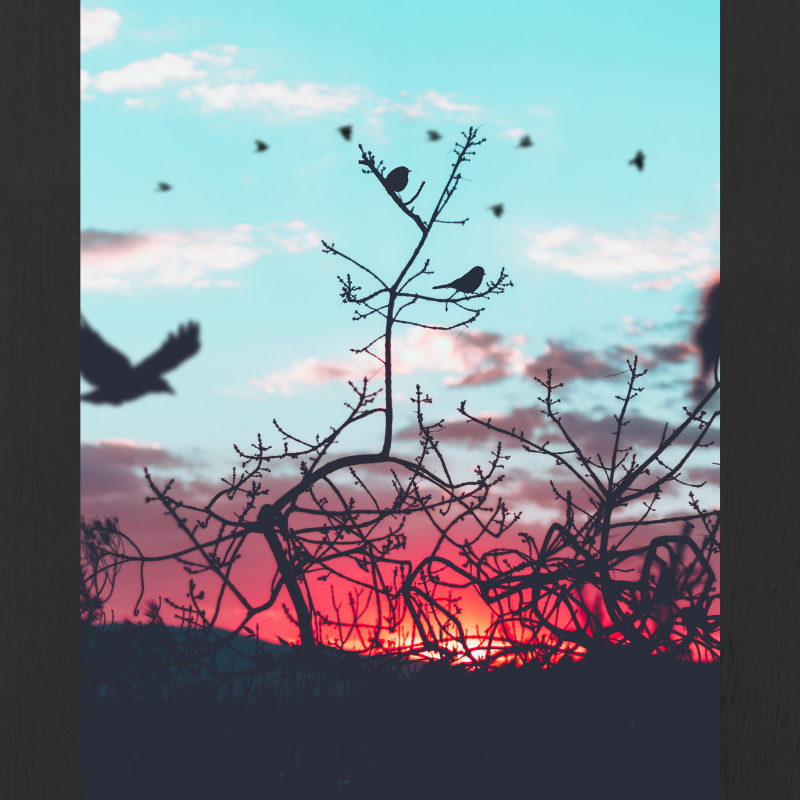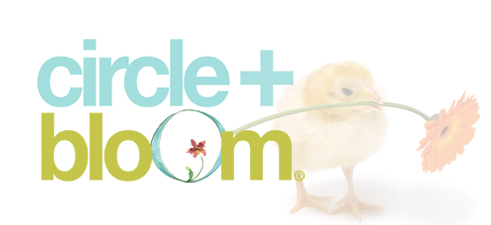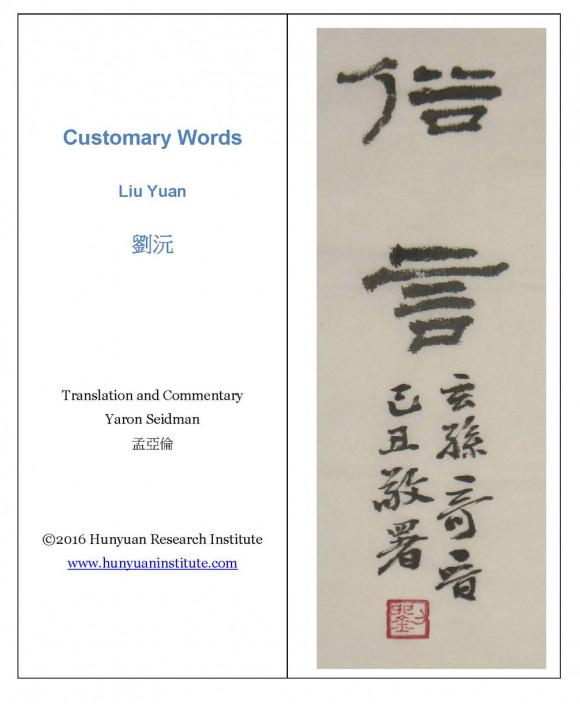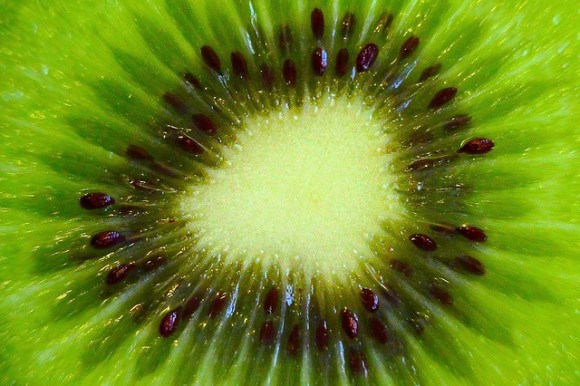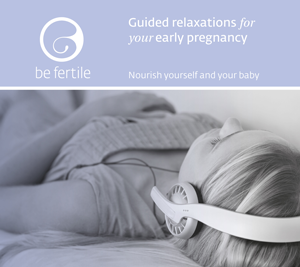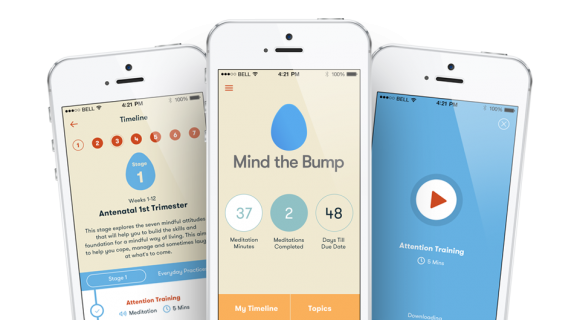Jan
27
Several hundred years ago, Liu Yuan taught “first cultivate oneself, then go about cultivating others.” In his teaching for the everyday person, Customary Words, he explains why this is the only way it works.
According to the teaching of Sydney Banks, we experience our life from the “inside out”, so our state of mind in the present moment is creating the way we experience those around us.
Here, Dr Laura Markham teaches this essential truth in the practice of parenting – the only way a parent can change their child’s behaviour is to change their own perspective first. Then healing and connection can naturally spread outwards.
The following article has been reproduced in full with permission from Dr Laura Markham (see original article here)
Want To Change Your Child? Start By Regulating Your Own Emotions
“Before I even notice, I’m already 10 steps into reacting with whatever issue is at hand with my kids. When I can remain calm, it certainly helps the situation as opposed to when I get heated up, which only makes things worse. It makes me sad to know that until now, I have not been a good example of emotional regulation at all. And it’s so disheartening to see my kids doing things that I know they saw us do…..throw something, slam a door….”
Sounds familiar, right? Regulating our emotions is at the heart of our ability to parent the way we’d like. In fact, it’s at the heart of most of the ways we trip ourselves up, from over-eating to procrastinating to fighting with our partner. It’s just so easy to get hijacked by our emotions and find ourselves already ten steps down the low road.
We often hear that good parents love their children unconditionally, but we all know that no parent always feels loving. So we’re left on our own to figure out how we can restore ourselves to a state of love during the inevitable ups and downs of daily parenting.
This very challenging task — regulating our own emotions so that we can guide our child lovingly rather than indulging in our own tantrum — is fundamental to good parenting. But it’s not just good for our kids. This inner work also helps us to grow into happier people.
Is it hard? Yes. I think it’s the hardest work any of us will ever do. But it’s completely possible. Here’s the secret.
When you let yourself experience your emotions, they begin to evaporate. So by simply sitting with your upsets — breathing and feeling BUT resisting the urge to act, holding yourself with compassion — you clear out your own unfinished business, whether fear, hurt or grief. Love rushes in.
What about anger? That’s just a defensive reaction to fear, pain and grief. Once you let yourself feel the more vulnerable emotions under your anger, they’ll evaporate — and so will your anger.
You might even say this process transmutes fear, pain and grief into love, because we’re creating love where there wasn’t love before. Our hearts stretch, and we grow as people, as well as parents.
But what about when your child is misbehaving? Are you supposed to just ignore his bad behavior and go meditate? No, of course not! Children need parental guidance. But you can’t control or change another person. You can only change yourself, which changes how the other person responds to you. So as you change, your child changes. As we de-excavate our old emotional triggers, we become more effective in guiding our child so that he WANTS to cooperate.
That isn’t just a fancy way of saying that we become willing to tolerate something that we may have yelled about before, although that may be true. For instance, we may realize that it’s okay for our child to feel angry, and stop reprimanding him for that, even as we teach respectful interaction. Or we may realize that her jacket on the floor isn’t nearly as important as how she treats her sister. Or we may begin to see our child’s strong will as a positive trait, and find better ways to partner with her. None of these positive responses is possible if we don’t start by managing our own emotions.
But what if your child is stuck in a counter-productive pattern and really does need to change? Your own emotional self-regulation is also the key to helping him.
Here’s why:
1. Children learn emotional regulation from us. Kids won’t always do what we say, but they will always, eventually, do what we do. If parents indulge in throwing things, slamming doors, and yelling, so will they. If we can stay calm, they learn that it’s not actually an emergency when they get upset, and they learn to calm themselves.
2. The emotional safety we create for our children is exactly what allows them to heal, grow and thrive. Like us, children WANT to feel happy and connected, but sometimes their fear or anger overwhelms them. Our calm gives them a path back to loving connection. When they feel better, they do better.
3. When we provide a calm “holding environment” for our children, they feel safe enough to experience their emotions, which is what allows those big feelings to evaporate. Kids learn that feelings are just part of being human, and they don’t have to fear them — OR act on them.
4. When children respect us and feel understood by us, they want to follow our lead. They learn that they don’t always get what they want, but they get something better — a parent who understands, even when they say no. So the child becomes more open to our guidance, more likely to follow our rules.
5. Children are sensitive barometers of our moods and tensions. If we have an unresolved issue, we can count on them to subconsciously pick up on it and act out. So very often, when we work on our own issues, we find that our child’s behavior changes–even without our directly addressing it!
6. When we respond differently, so does our child. Remember, it’s always your child’s action + your response that = the outcome. When we get triggered and react without thinking, we escalate the storm. When we respond more mindfully, we settle the storm, and create more connection. Less drama, more love.
The good news is, even if our children have learned some counter-productive habits, it’s never too late for them to learn to manage themselves emotionally. The key is our role-modeling.
Learning to regulate emotions is a lifelong journey. For today, just start by noticing your own moods and feelings. When you get upset, resist acting until you’re calm. Just breathe, and shower yourself with compassion, so you can calm down before you act.
Hard? YES! But every time you do this, you’re actually rewiring your brain…and strengthening your ability to stay calmer in the future.
I guarantee you’ll see your child change, too.
by Dr. Laura Markham, founder of AhaParenting.com and author of
Peaceful Parent, Happy Kids: How To Stop Yelling and Start Connecting and Peaceful Parent, Happy Siblings: How to Stop the Fighting and Raise Friends for Life
